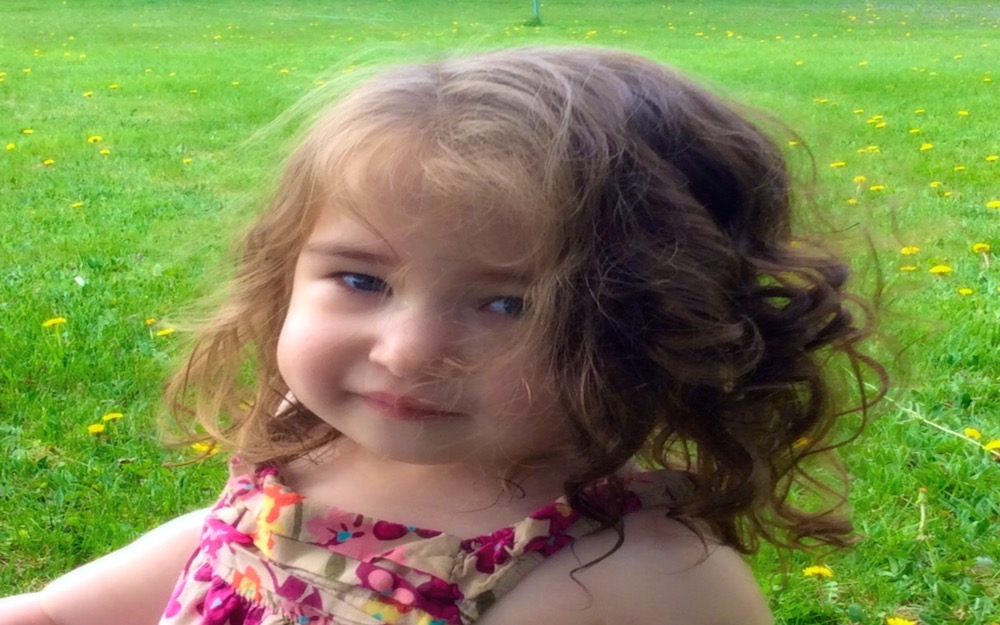
Routines & Children w/ Disabilities: Routines and Children with Disabilities
Routines can help family life run more smoothly. They can also be a way to help your child with 22q develop coping skills and manage anxiety better. While all families are different and schedules are different, the best routines are the ones that suit you, your child and your situation. To learn more, click here.
Children’s Mental Health Resource Kit
This Children’s Mental Health Resource Kit is designed to help you promote access to and the availability of mental health screens and assessments for children. Because navigating access to the appropriate services can be so overwhelming, this is an essential first step in ensuring appropriate mental health treatment for children. The kit contains a number of Fact Sheets and an Action Strategies and Resources Guide.
American Academy of Child and Adolescent Psychiatry: Family Resources
The mission of AACAP is to promote the healthy development of children, adolescents, and families through advocacy, education, and research, and to meet the professional needs of child and adolescent psychiatrists. The following link provides useful medical definitions related to mental health, a child and adolescent psychiatrist finder and many other helpful resources for families and caregivers. To learn more, click here.
Sleep
Does your child with 22q have difficulty falling asleep or experience middle of the night awakening? Some of the most common causes include sleep apnea, calcium disturbance, restless leg syndrome or often anxiety. Medical causes should always be ruled out before assuming behavior causes.
The following scientific review article is an excellent summary of the recommended evaluation and approach to treating this common problem. Download the PDF here.
Worrisome Behaviors
Trying to tell the difference between what expected behaviors are and what might be the signs of a mental illness isn’t always easy. NAMI is an organization that provides tremendous support and resources to families affected by mental illness. This link reviews some of the most common warning signs related to mental illness.
Evidence-based mental health treatment for children and adolescents
To address the challenges of raising a child with 22q, including behavioral and psychiatric problems, families should be aware of the latest, scientifically-based information. Our advisors recommend the Effective Child Therapy website as a good start: The site has information on many of the more common child mental health issues and an overview of evidence-based practice for each condition. (Listed at the bottom of their homepage). To learn more, visit effectivechildtherapy.org.
Resources for Teens and Adults
Many potential challenges exist for parents as they help guide their adolescent or young adult child who has a 22q11.2 syndrome. The goal is to have him or her become capable and competent in making good life choices. The following documents are designed for both parents/caregivers and other family members, including those with 22q11.2. These documents are only part of the solution. Staying engaged with the proper treatment specialists and other parents who have dealt with similar challenges is also important.
Empowering young women with the 22q11.2 Deletion Syndrome to share their lived experience and mental health support needs
This research project was to address this gap by offering a vehicle through which these young people could communicate their lived experiences and service recommendations to parents, educators, researchers, service providers and policy makers. It also aimed to support the development of mental health resilience by providing spaces for young adults to share their stories of mental health challenges and recovery. Resilience was defined simply to the young participants by the researcher as ‘the ability to bounce back after times when you felt upset by your emotions, thoughts or relationships’.
“Becoming an Adult” Videos
The following four online videos are designed to provide guidance and suggestions to parents and other caregivers who are helping someone impacted by 22q11.2 make the transition from adolescence to adulthood.
Becoming an Adult: What Can I do after High School?
Figuring out what a young adult will do after high school is challenging in general, but for young adults with special health care needs the challenges may be different. This video offers vocational guidance to make sure young adults get the most out of high school and are aware of their options, including post-secondary education, job training programs, jobs and day programs. Vocational Rehabilitation services, Adult Disability Resource Centers and Family to Family Health Information Centers are discussed as resources.
Becoming an Adult: Deciding Where to Live
Planning for the future can be an exciting and nerve-wracking time for young adults with special health care needs and their families. This video shows and discusses the variety of residential programming available to people with disabilities in the adult world and offers information on how to make sure young adults are registered with the right services in their state.
Becoming an Adult: Taking Responsibility for Your Medical Care
Moving out of the pediatric health care world is a major milestone in every young adult’s life. This video shows and describes ways for young people to be more involved in their health care, what skills they will need to be successful and how being a patient in the adult health care world will be different from their pediatric experience.
